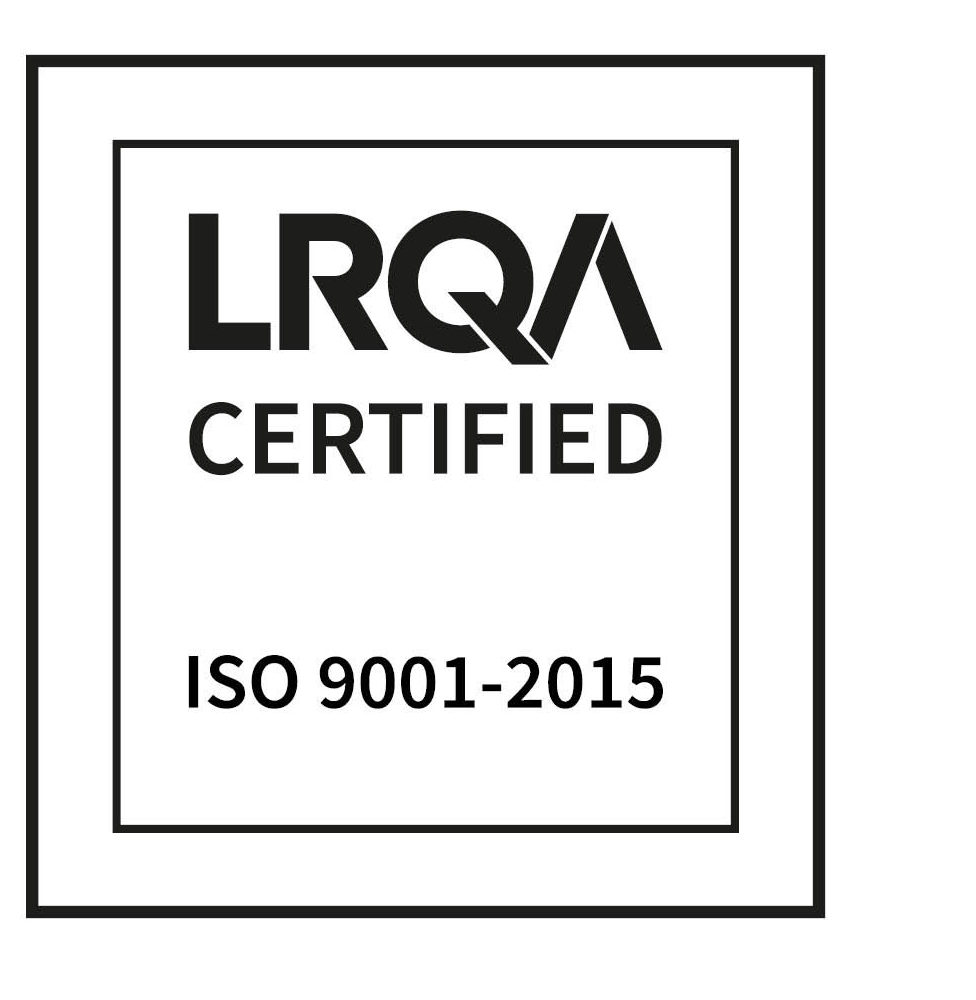INTERVIEW OF OLIVIER ROLLAND
Interview given by Oliver Rolland, Managing Director of TWB, in the frame of EFIB (Europe’s Leading Event on Industrial Biotechnology and the Bioeconomy), 6 & 7 October 2021, Vienna (Austria)
What is the current status of industry interest in using synthetic biology or other metabolic engineering technologies for industrial applications?
This is actually the right time for our field: we are seeing a convergence of drivers that makes industrial biotechnology based solutions a key pillar for tomorrow.
Sustainability: the market is more than ever looking for sustainable products and services and large corporations are taking real ownership to replace a substantial part of their fossil-origin compounds as soon as 2030. For instance, take the examples of the commitments from L’Oréal (Green Science Program), Michelin (sustainability goals) or Braskem (carbon neutral pledge). Innovation and technology: the entrepreneurship is flourishing with an increasingly number of start-ups being created and investors raising funds in this field. Such dynamics with new comer coming in demonstrated the attractiveness of the field.
National interest: across the world, governments are considering this field as a way to address major stakes related to national sovereignty, domestic production and economic development. Various policies are being shaped and implemented to build an industrial biotechnology based value chain with actual manufacturing footprint. For instance, France is deploying a 12.5B€ investment plan by 2025 to accelerated the industrial implementation of a selected number of critical technologies and values chains, with industrial biotechnology and bio-based products being clearly identified among those. Finally, this wave is also accompanied by an increased awareness of the public opinion for such topics due to the covid-19 pandemics.
In which areas do you see the largest application potential?
Industrial biotechnology should not be limited to specific markets as, at the end, it consists in developing new manufacturing processes as well as products and services with innovative performances. For instance, industrial biotechnology can serve the pharma industry, not to discover new drugs but rather to decrease the cost of production of those. This is the reason why TWB has been recently labelled as an industrial integrator in this field: we already started 3 projects with industry partners in this field.
More broadly, we identified three markets where industrial biotechnology may have a major impact sooner than later:
Ag-tech industry with the development of environment and health compliant solutions; there are quite a lot of start-ups emergining in this field. For example, TWB supported the development of Amoeba, or more recently MICROPEP.
Well-being and care (including food, feed) with a consumers base that is requesting more and more natural products, as well as non-animal food. Two winners of recent sessions of the TWB Start-Up Days, Better Nature and Octarine, are active in such a field.
Advanced materials where the performance is sought for based on the living components. TWB is involved in a major project, BioImpluse, to develop bio-based adhesives that do not contain substance of concerns for resins.
How is Europe positioned in that respect, compared to the US and Asia?
It seems to me that US and Asia markets can drive more substantial amount of money towards the field as compared to Europe. Take the recent examples of the Zymergen 500M$ IPO or Ginkgo Bioworks that reached a market cap of 2.5B$ upon the SPAC merger closing: such market financing level has not been seen in Europe so far. With funding being available and accessible, the creation and financing of start-up at their inception seems also simpler than in Europe. That being said, Europe has clearly quite a few advantages to put forward, among them:
The innovation sink is really large although it is not concentrated and rather spread over numerous hubs in various countries,
There are more capabilities to lead process development from the lab to industrial scale in Europe, with average costs cheaper than in the US: we are seeing more and more California-based companies outsourcing part of their development at such facilities in Europe.
Europe is lacking however an homogeneous and strong regulation to promote the emergence of such bio-based products and services beyond the energy field. In particular, it is critical to ensure that such products can compete on a level playing field with biofuels (so that the competition for the use of feedstock is made on a fair market base). I also think that such legislation could facilitate the financing of the industrial projects that are quite capital extensive.
Is TWB involved in any of the biofoundry activities currently underway in Europe?
TWB is part of IBISBA, which mission is to provide a world-class infrastructure enabling cutting-edge research and supporting the development of biotechnology towards a circular economy. To achieve this, IBISBA draws together within an interoperable network some of Europe’s most significant, public-operated research infrastructure, endowing them with unprecedented ability to collectively operate modular service workflows, seamlessly linking services produced by individual facilities to support whole R&D project life cycle. Since 2018, IBISBA is on the European roadmap for strategic research infrastructure, ESFRI. TWB will therefore contribute to this biofoundry distributed over 17 partners from 9 countries (such as VTT in Finland, UR Wageningen in the Netherlands or Fraunhoer in Germany) with its automated and high throughput platforms in strain and process development. We are also planning, as part of France 2030 Relaunch plan, to continue complement and upgrade our platforms to decrease our working volume and increase the throughput of our platforms. Finally, some of our key partners are also involved in European biofoundries: recently Lesaffre announced the opening of a commercial biofoundry in Lille to speed up the discovery of novel yeasts and bacteria of interest.
Which other TWB activities you would like to highlight?
TWB recently moved to its new facility, more than doubling its square meter footprint. Together with our close partners, research labs TBI and scale-up facility CRITT BioIndustries, this creates one of the few industrial biotechnology complexes in Europe (500+ people, 15,000 m2) involved on the whole maturity chain from TRL/MRL 0 to 7. In this new configuration, we will continue developing our start-up hosting activities by which we provide access to our technology platforms and expertise onto R&D collaboration projects. We hosted 9 start-ups since the inception of this activity in 2014 and are planning to expand it significantly in the future.





